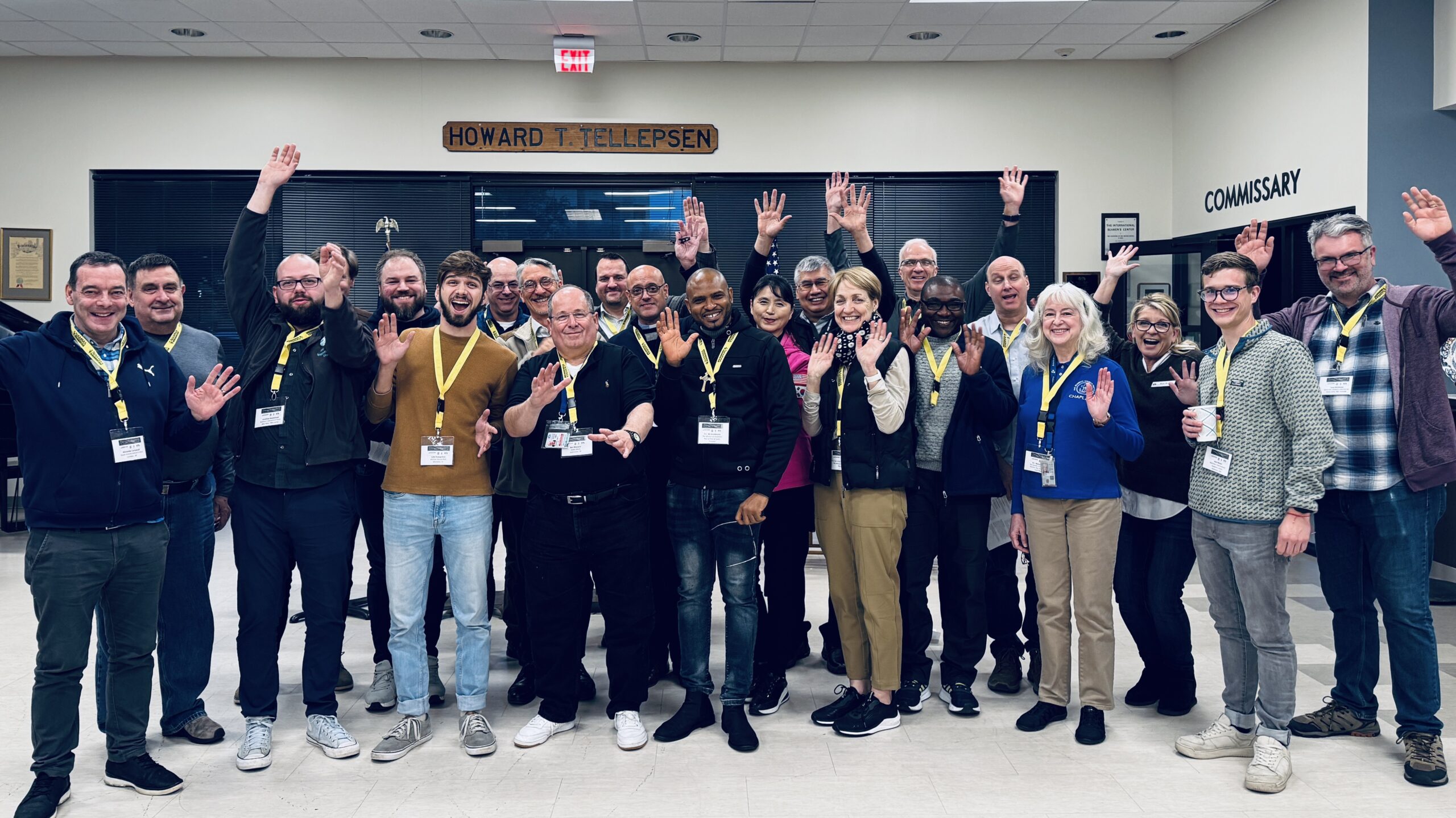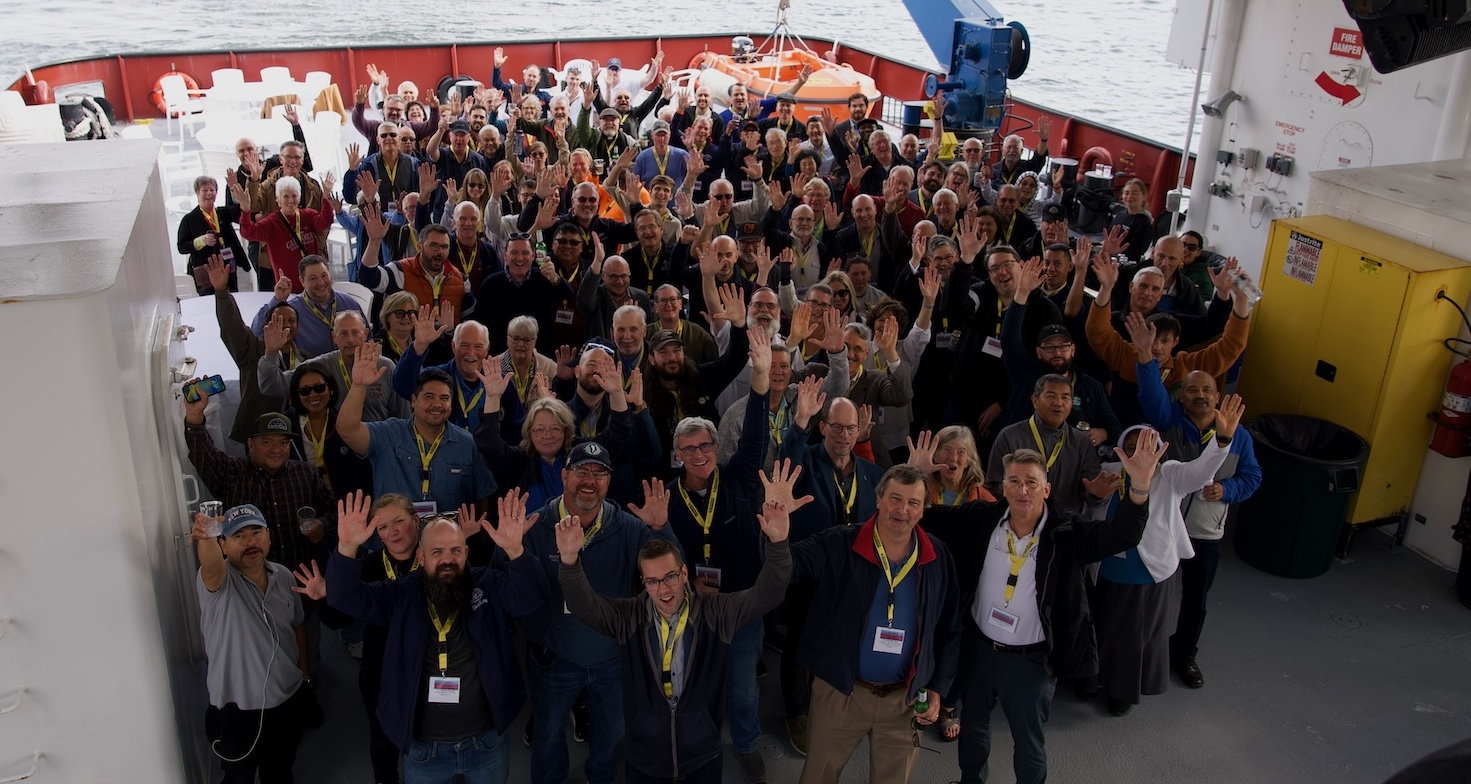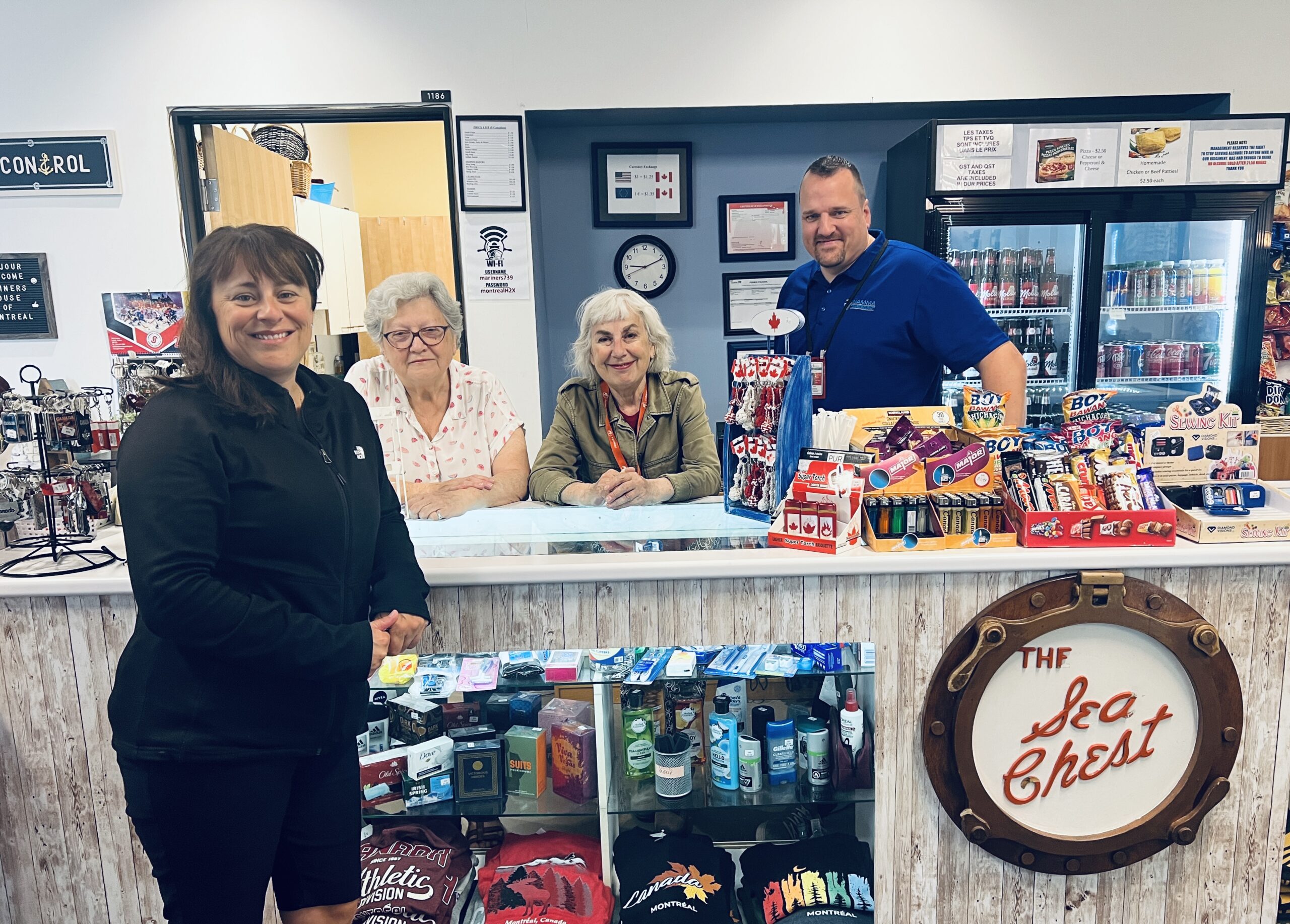by Carolyn A. E. Graham, Ph.D., AFHEA, PHF
The COVID-19 global pandemic has severely impacted the global economy due mainly to the prevention and containment measures requiring closures of borders, restricted travel, closures of businesses except for essential services, and physical distancing. These measures have severely impacted workers worldwide and seafarers are no exception. It is believed that the pandemic has exacerbated existing safety and health concerns for seafarers and more so, that the international response has been inadequate to bring relief.
Urgent matters of repatriation, excessive working hours, abandonment, shore leave, crew change, mental health concerns and medical emergencies, which are issues that have always plagued seafarers, have been sharply exacerbated. Yet the regulatory regime is constrained in addressing these urgent concerns as governments are relied on to honour the commitments made in the ratification of these international instruments. Governments’ responses to the pandemic have been unilateral and fickle rather than being a coordinated and sustained effort to bring relief to seafarers.
At the height of the crew change crisis in 2020, the International Transport Workers Federation (ITF) issued its support for seafarers to stop working. However, the magnitude of the response that would have been necessary to effect change was not achieved. Two reasons might be that 1) seafarers are not sufficiently empowered by the regulatory regime to discontinue dangerous work; which the COVID-19 working conditions amount to, and 2) many seafarers do not have adequate safety and health representation, as union support in their countries are weak, and even where this might exist, is not readily available at the shipboard level.
The two main instruments of the international maritime safety and health management regulatory regime are the International Safety Management Code (ISM) and the Maritime Labour Convention 2006 (MLC). In normal times, these two instruments have been weighed in the balance and found wanting, as they fail to offer adequate protection to seafarers. The pandemic has shown that if the safety and health instruments are to be more effectively applied, better coordination and cooperation is needed among all stakeholders, as well as more enabling provisions for seafarers to become meaningfully involved in their own protection.
The MLC and the ISM lack specific mandatory standards for seafarers to discontinue work that is dangerous and are weak in their provisions for collective action at the shipboard level. The ISM’s top-down managerial approach to safety and health management thwarts the kind of empowerment seafarers would need to act in their best interest. This is because the ISM promotes individual instead of collective action. Although the ISM claims to have seafarers’ participation, though safety committees, many ships tend to see all seafarers as members of the committee and therefore bring their concerns individually, notwithstanding the power imbalance in the seafarer/shipowner or manager relationship. There is enough research evidence showing that workers, particularly those with precarious work contracts, do not effectively engage with individual mechanisms for airing their concerns.
As the labour standards for seafarers, the MLC also lacks provisions to enable seafarers to act collectively at the shipboard level in their safety and health protection. Seafarers are not enabled to take industrial action or to stop dangerous work under the MLC. Where any such notion might exist, it is vaguely implied in the tripartite approach and MLC safety and health guidelines, which are not mandatory.
Although this is easier said than done, provisions in the safety and health regulatory regime for seafarers to take industrial action would do well to signal to the seafaring work force that the international maritime community is cognizant of the importance of involving them in their own protection as the pandemic has shown that existing mechanisms are unreliable. Such a provision might have assisted seafarers to take a stronger position – as the ITF suggested – in alleviating their severe working conditions to some extent, during this pandemic.
Such provisions would also be well supported by stronger standards for safety and health representation. Current research is showing how representatives have been able to support workplaces, ensuring businesses to remain open while protecting workers safety and health during the pandemic.[1] Safety representatives have been able to monitor and report on workplace conditions providing valuable data for policy makers. They have reported on assisting workers with mental health concerns and other psycho-social workplace issues such as bullying. They have assisted in coordinating safety and health response measures and supporting workplace safety and health committees in managing the pandemic.
While representatives on ships might not have had much influence over whether or not governments open their borders to seafarers, they could have played an important role in helping to coordinate shipboard responses and act as important sources of information and contact points between the ship and shore-based authorities. These activities would have also been more effective if supported by unions and appropriate regulatory provisions. Safety representatives would be the direct voices of seafarers in any collaborative action to alleviate the stresses at sea.
Collaboration among shipowners, unions and welfare organizations is important in lobbying governments to put measures in place to address the pandemic’s impact on seafarers. However, this collaboration seems to end at the gangway. The pandemic has clearly shown the need for such collaboration to be a normal part of shipping operations at all times.
The MLC standards for safety and health representatives is fashioned from land-based approaches, yet it remains underdeveloped and merely symbolic in many instances.
The history of
industrial relations tells the story of more conflictual rather than
collaborative relationships between employers and workers. The pandemic has highlighted
that this does not have to be the case and collaboration is needed in the
interest of all parties. This is the basis on which the MLC in particular was
developed. This experience with COVID-19 should therefore be used to develop
more resilient standards going forward. The pandemic continues and preparations
should be made to address this and future crises of this nature. The time is
right for the industry to acknowledge the important role of workers and their
unions and make the necessary adjustments in the regulatory provisions to
support their involvement.
[1] UNITE the UNION (2021). Working through COVID: A report of a survey of Unite Workplace Representatives. https://www.unitetheunion.org/media/3835/unite_working-through-covid_reps-survey-report_word_april-2021.pdf





